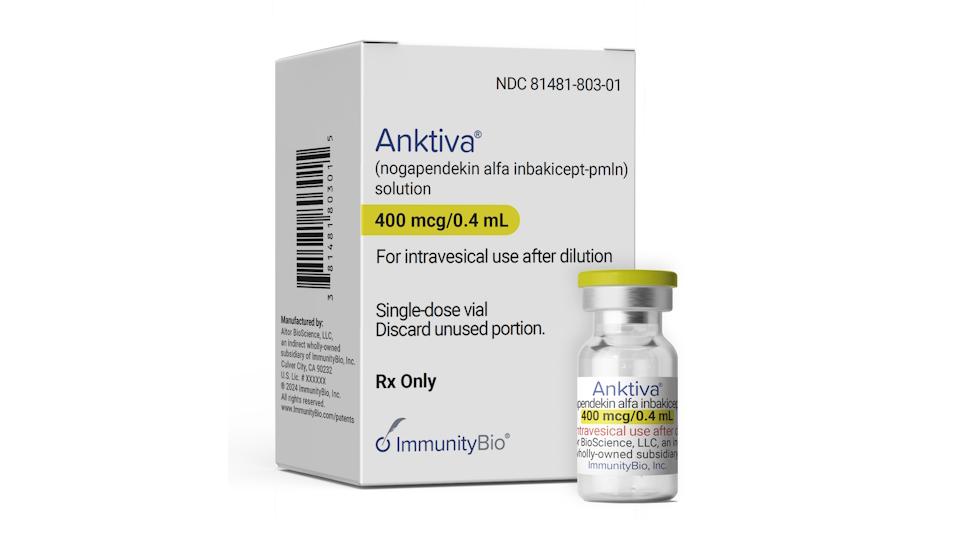NICE clears NHS use of Roche's Tecentriq in bladder cancer

NICE has recommended routine NHS access to Roche's cancer immunotherapy Tecentriq for some bladder cancer patients, four years after it was first made available via the Cancer Drugs Fund (CDF).
The PD-L1 inhibitor was initially turned down by NICE for a form of bladder cancer called urothelial carcinoma (UC), but Roche was encouraged to make a case for making the drug available to a subpopulation of patients via the CDF while it gathered further data on its benefits.
That data has now been review, and NICE has upgraded Tecentriq (atezolizumab) to full NHS access for patients with advanced UC who have not received treatment before but cannot have cisplatin-based chemotherapy, and whose tumours have a PD-L1 expression of 5% or more.
The recommendation comes after additional clinical evidence which showed that people who have Tecentriq are likely to live up to eight months longer than those who have platinum chemotherapy, according to NICE.
The data was generated from 64 patients who were treated with Tecentriq funded by the CDF between July 2018 and August 2020.
While cisplatin-based chemo is the go-to therapy for newly-diagnosed patients, it can damage the kidneys so isn't suitable for people with renal impairment.
Tecentriq is the only cancer immunotherapy to have funding for this specific group of bladder cancer patients, said Roche in a statement.
"I am pleased we were able to not only secure access for people with this form of urothelial cancer in the interim but to now recommend it for routine use in the NHS," commented Meindert Boysen, director of the Centre for Health Technology Evaluation at NICE.
More than 18,000 people were diagnosed with bladder cancer in the UK in 2018, according to Roche, and nationally it is the eighth most common cancer and seventh most common cause of cancer death in men.
"Bladder cancer is often overlooked and has long been considered a 'Cinderella disease'," said Gemma Boni, head of genitourinary cancer at Roche Products Ltd.
"There remains a significant unmet need for effective treatment options, especially once the disease reaches an advanced stage, at which point patients are limited to chemotherapy," she added.
"We are immensely grateful for the collaboration of the clinical community and NICE in helping to ensure patients in the UK can benefit from this effective medicine."












